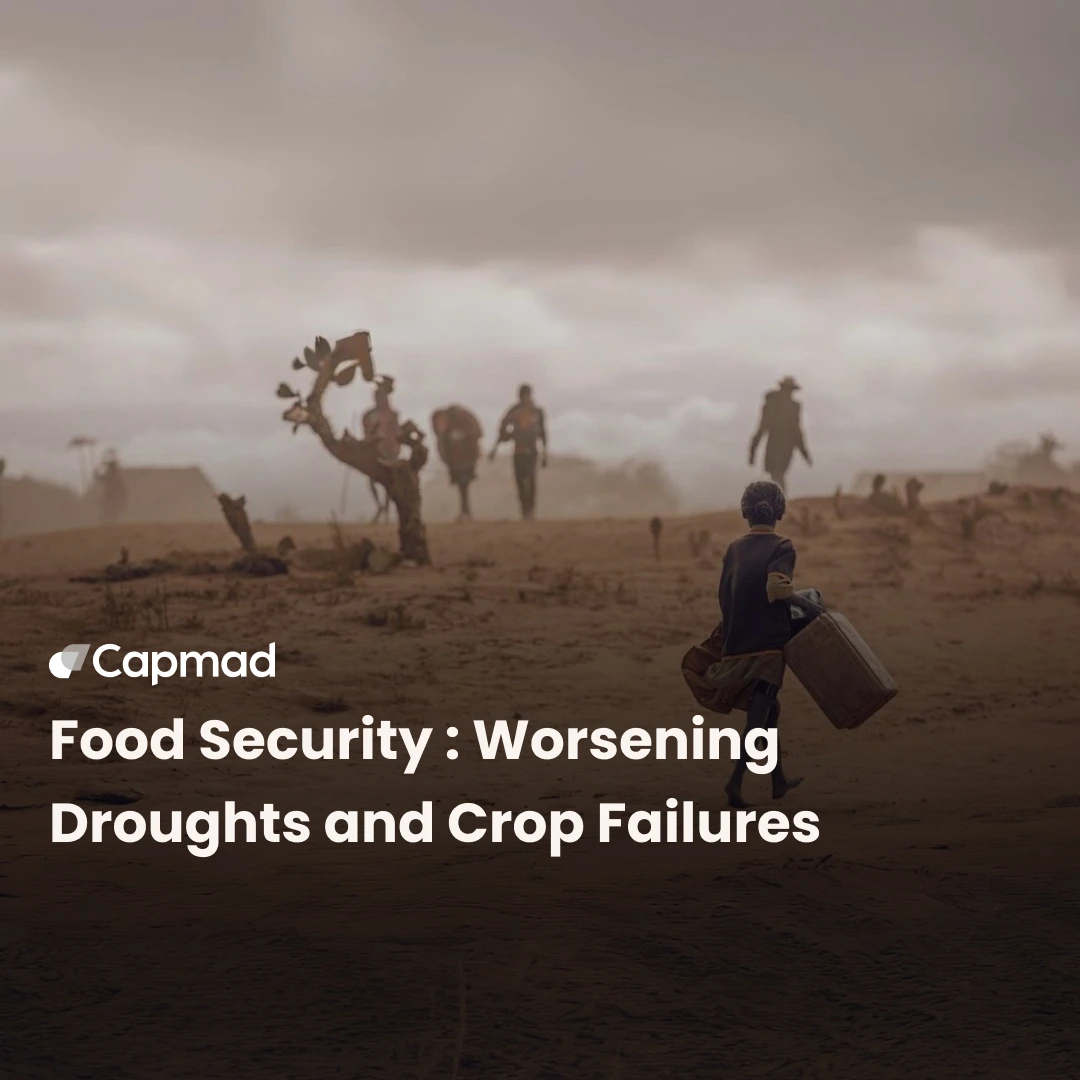From October 24 to 25 in South Africa, the Sustainability Week Africa forum will explore the challenges and solutions deployed across various sectors to combat climate change. Key speakers will share innovative ideas on how businesses can help the continent adopt sustainable practices more quickly. This inaugural edition of Sustainable Development Week in Africa comes at a time when governments and businesses across the continent are grappling with the negative impacts of extreme weather events.
Sharing sustainable practices to boost Africa’s economy
This week, policymakers will closely follow the debates at the Sustainability Week Africa organized by Economist Impact. Key speakers on site will share innovative ideas on how businesses can help the continent embrace sustainable practices in the face of climate change.
The forum, which runs from October 24 to 25 in South Africa, aims to align the latest solutions across sectors such as agriculture, housing, tourism, manufacturing, and steel. This event comes as governments and businesses across Africa deal with the adverse effects of extreme weather events, resulting in loss of life and economic fallout.
African countries exposed to climate consequences
For instance, several Southern African countries are suffering from severe droughts, closely linked to the La Niña weather phenomenon. According to the World Food Programme (WFP), more than 27 million people are affected by the worst drought in 100 years, impacting nations like Lesotho, Malawi, Namibia, Zambia, and Zimbabwe. The UN agency estimates that 21 million children are facing malnutrition.
Further south in Namibia, authorities have resorted to culling wild animals to provide food for humans to avoid painful deaths from inadequate nutrition. While the southern region battles drought, other countries, including Chad, South Sudan, and Sudan, are grappling with severe floods.
In South Sudan, for instance, floods have affected 42 out of the country’s 78 counties, according to the UN. The organization reports that 58 health facilities have been flooded across five counties, with around 90 others inaccessible, and about 15 major roads have been washed away, including key routes to the capital, Juba. As of October 4, 2024, about 890,000 people in flood-affected counties in South Sudan have been severely impacted.
Sustainability Week Africa
With an estimated 500 delegates attending in person, Sustainability Week Africa will bring together over 100 speakers in Cape Town. The objective is to share ideas on how governments and private sector actors can unite to confront the threat of climate change, including floods and droughts.
Speakers will discuss topics such as sustainable water management, agriculture, biodiversity, and nature-based solutions. They will also explore how international regulations are shaping sustainability, especially within the African context.
Key speakers and topics
Some of the key speakers scheduled for critical sessions include Mo Ibrahim, founder and chairman of the Mo Ibrahim Foundation, and Amina J. Mohammed, Deputy Secretary-General of the United Nations, both of whom will deliver opening remarks at the conference.
Julie Greene, Director of Sustainability at Olam Agri and Olam Group, will participate in a panel on « Balancing People, Planet, and Profit : Investing in Transition While Supporting Communities and Employees ».
At the same time, Stewart Bailey, Chief Sustainability and Corporate Affairs Officer at mining giant AngloGold Ashanti, will join an informal discussion on promoting sustainable and equitable development in Africa’s mining sector.
Additionally, Frank Mwiti, CEO of the Nairobi Stock Exchange, will join an informal discussion titled « Measuring Green Finance Performance : The Role of Banks in Financing Africa’s Sustainability ».
Wayne Cook, Managing Director of agricultural giant Fresh Del Monte Kenya, will be part of a distinguished panel discussing : What’s happening in regenerative agriculture across Africa ?
The agenda for the two-day conference will cover topics such as opportunities for Africa to enhance its production capacity and gradually increase its share in the global value chain. Government and private sector leaders will share ideas on how to foster sustainable growth for small businesses across Africa, integrating sustainability needs into the context of population growth and its implications on food security.
Delegates will also gain insights into the continent’s potential to create green jobs, boost intra-African trade, and advance sustainability goals. Additionally, the African Sustainability Week is structured to include an NGO leaders’ club, networking and partnership sessions, and essential forums to harness synergies across industries and borders.








